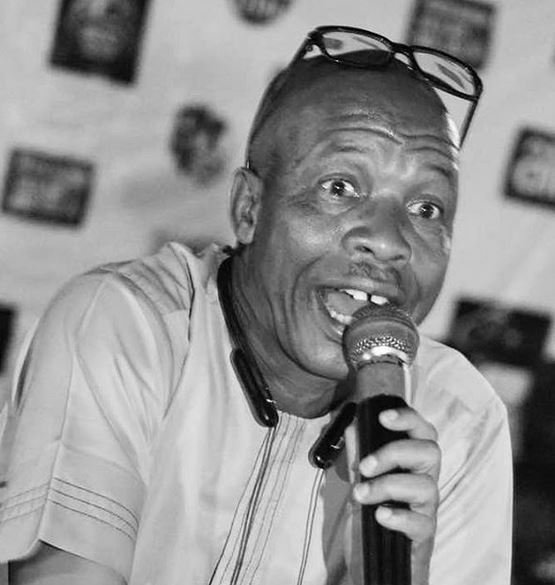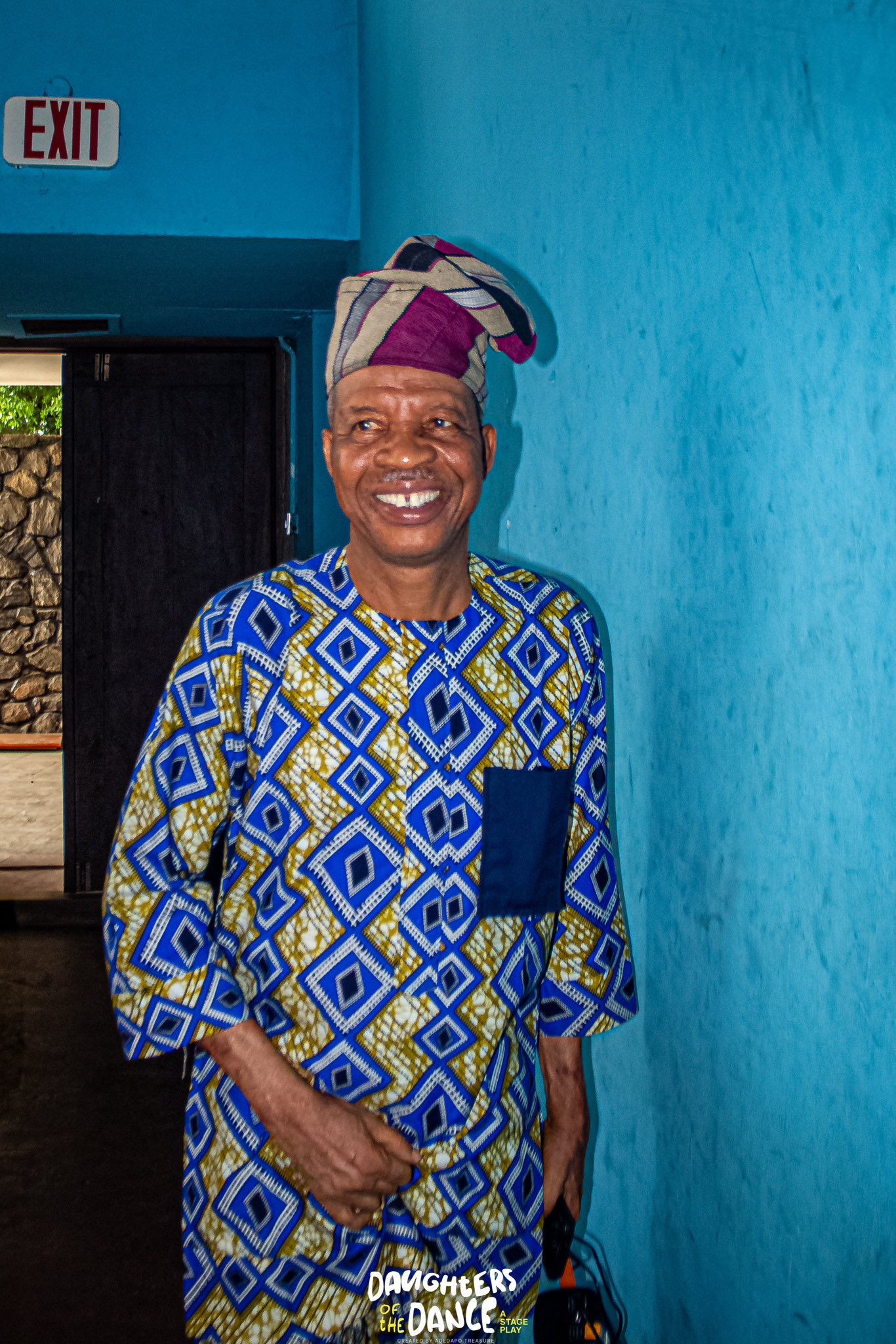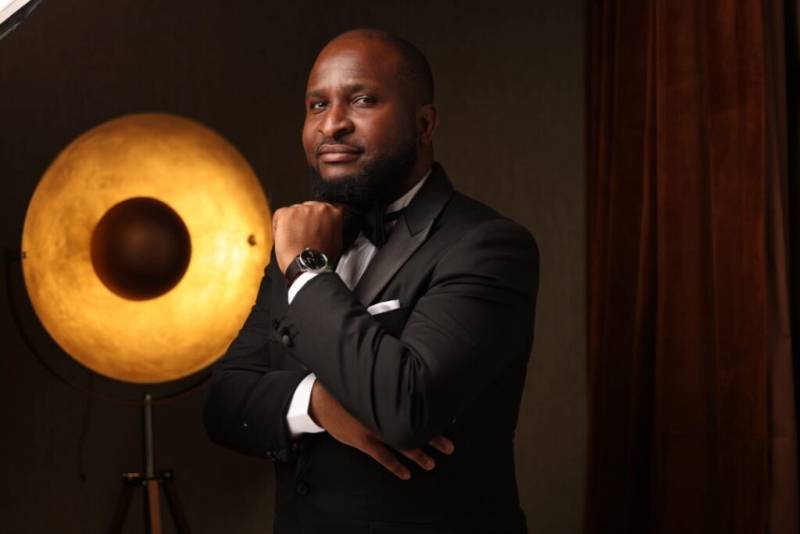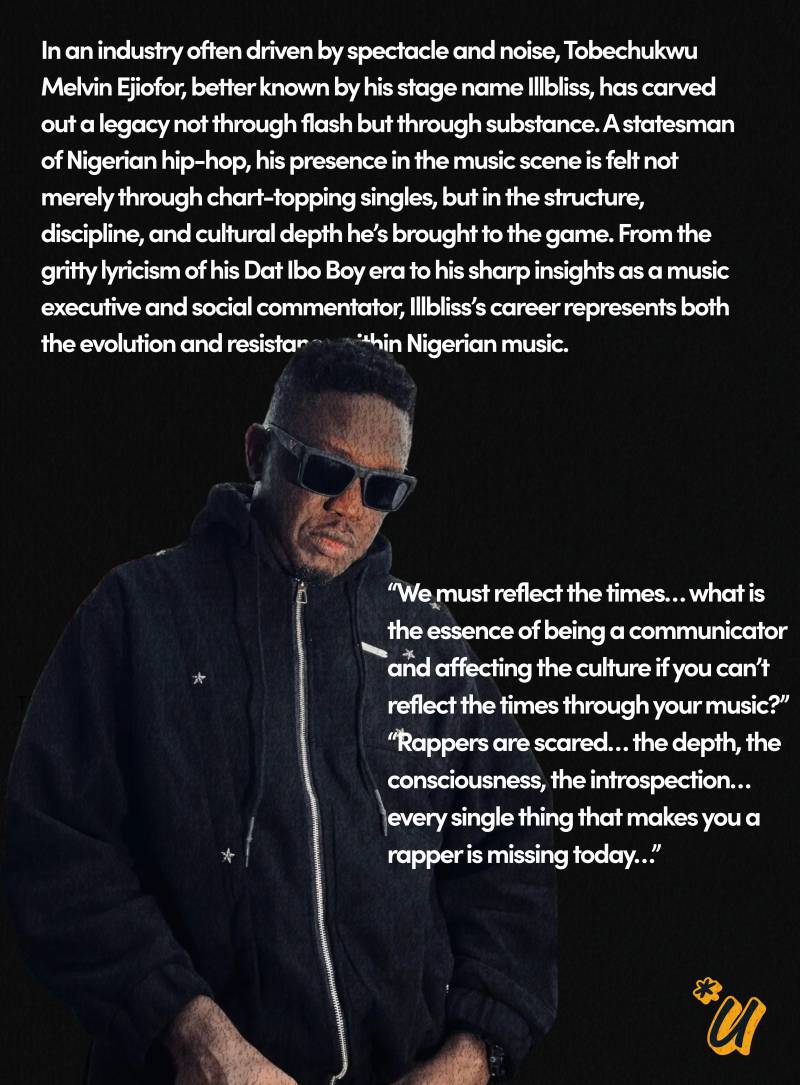Afeez Oyetoro, affectionately known across Nigeria as "Saka," has one of those faces that instantly lights up a memory, usually a funny one. From the wildly viral “I don port o” MTN commercial to countless roles on screen, he has carved his name into the heart of Nollywood and the Nigerian entertainment scene. But to reduce him to a comic icon alone is to miss the very soul of his journey.
Born into modest circumstances, Afeez’s early life was anything but light-hearted. He grew up in a household where discipline was stern, especially from an uncle whose beatings drove him inward. “It turned me into a loner,” he once said, not with bitterness but quiet reflection. That isolation, however painful, became the soil in which his creative world began to grow. In silence, he found voices. In solitude, he found characters. What looked like trauma began to forge talent.
His story defies the familiar script of overnight stardom. Before the cameras and the endorsements, Afeez was, and still is, a teacher—a lecturer in Theatre Arts. The classroom, like the stage, became his sanctuary. “Teaching gives me a different kind of joy,” he admits. And perhaps that is where his real magic lies: the ability to live multiple lives without losing the core of who he is. To be both performer and professor, mentor and meme, is no small feat in a world that often demands you choose a box and stay in it.

Related article - Uphorial Podcast

Then came 2013. The year the MTN porting advert dropped. In it, Saka switched allegiances from Etisalat to MTN in a move that mirrored the new SIM portability policy, and—unintentionally—broke the internet before that was even a Nigerian thing. What followed was a cultural shift. Suddenly, he wasn’t just the guy from the sitcoms or Yoruba movies. He was a national moment. A marketing masterstroke. A household name.
But fame, as always, has its hidden costs. While Saka’s smile never left the screen, his life became more crowded, his solitude less frequent. The price of visibility is privacy. And yet, through it all, he has remained grounded—thanks, in large part, to one person: his wife. In interviews, Afeez often lights up when he speaks about her. “Marrying her is the best decision I’ve ever made,” he says, not with flair but with that rare sincerity you can’t fake. She isn’t just his partner in love but in life—his anchor when the spotlight threatens to carry him away. Their union is a quiet defiance against the chaos of the industry. A reminder that real success is measured not just in applause, but in peace.
There’s something beautifully paradoxical about Saka’s story. The man who made us laugh learned comedy through pain. The icon who plays the fool in movies lectures seriously in classrooms. The actor who lives for the audience finds his deepest joy in the quiet of family life. And in an age obsessed with reinvention and viral moments, Afeez Oyetoro offers a different lesson: that wholeness comes not from being everything, but from being entirely yourself. Today, Saka continues to act, to teach, and to inspire. He doesn’t chase virality. He builds a legacy. And maybe that’s the real punchline—not the one that makes us laugh, but the one that makes us pause and see the full picture. This isn’t just the story of a funny man. It’s the story of a man who found purpose beyond performance. Who chose family over fame, depth over dazzle. This is Afeez Oyetoro—like you’ve never seen him before.



